A look inside the mysterious life of Apple founder Steve Jobs' formerly estranged daughter Lisa, who inherited a fortune of millions
Brennan-Jobs was born on May 17, 1978 in the All One Farm apple commune. According to the Cult of Mac, the Oregon commune was a hotbed of LSD and Eastern spiritualism, and both of Brennan-Jobs' parents had spent time there in the past.

Brennan-Jobs' parents Steve Jobs and Chrisann Brennan had dated on-and-off since high school, but their relationship became strained during the early days of Apple. According to Brennan, Jobs hadn't taken the news of her pregnancy well, and denied he was the father.

Source: "The Bite in the Apple", The Daily Mail
Jobs did visit Brennan and the newborn at the commune, however. Together, the new parents named their baby daughter Lisa. But Jobs refused to acknowledge the fact he was Lisa's father. As Apple began to explode, Brennan had to work as a waitress and relied on welfare to support her daughter.
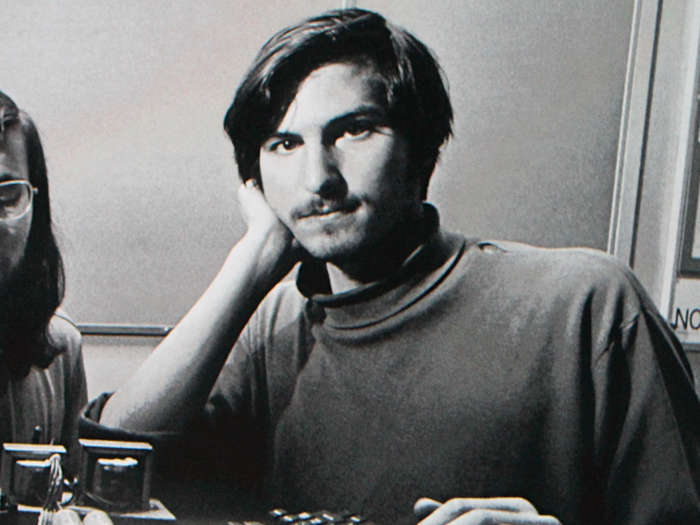
Jobs continued to publicly deny being Brennan-Jobs' father, even after a paternity test proved Brennan was right. Meanwhile, he named an early Apple computer — the 1983 Apple Lisa — for his child, while claiming the name stood for "Local Integrated Systems Architecture."
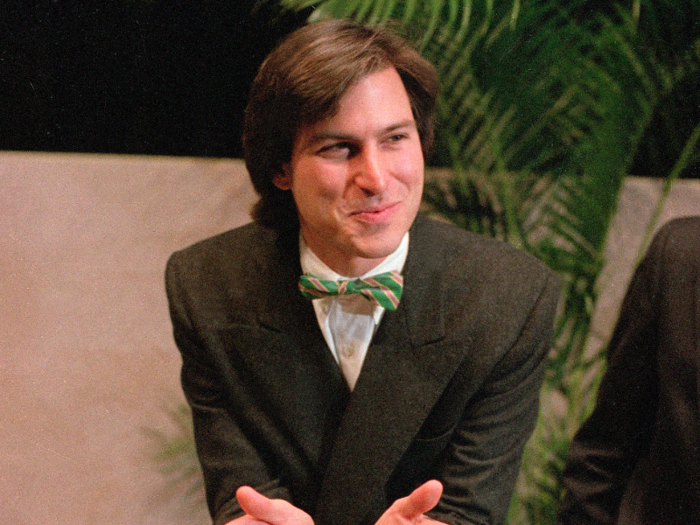
Source: The Daily Mail
While living with her mother, Brennan-Jobs attended The Nueva School in San Mateo. In his biography, Walter Isaacson revealed that Jobs would occasionally stop by to see her. Over time, the visits increased in frequency, and Jobs began introducing her to friends and bringing her on business trips.
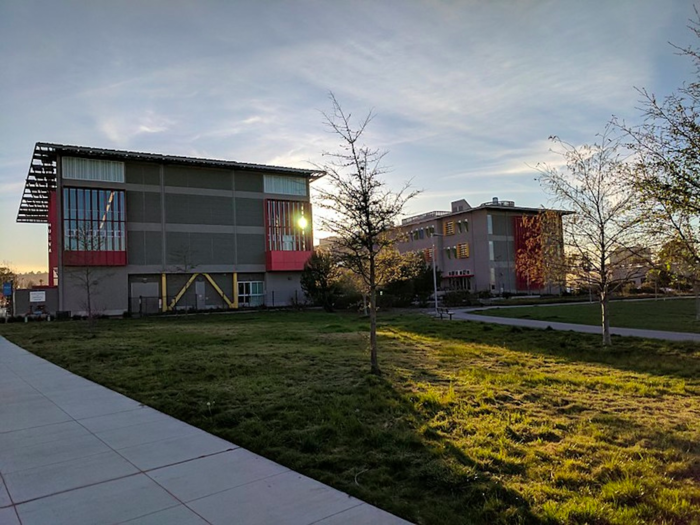
Source: "Steve Jobs"
Brennan-Jobs ultimately reconciled with her father, with help from her aunt Mona Simpson. She even requested that her name be officially changed from Lisa Brennan to Lisa Brennan-Jobs. During high school, she went to live with Jobs.
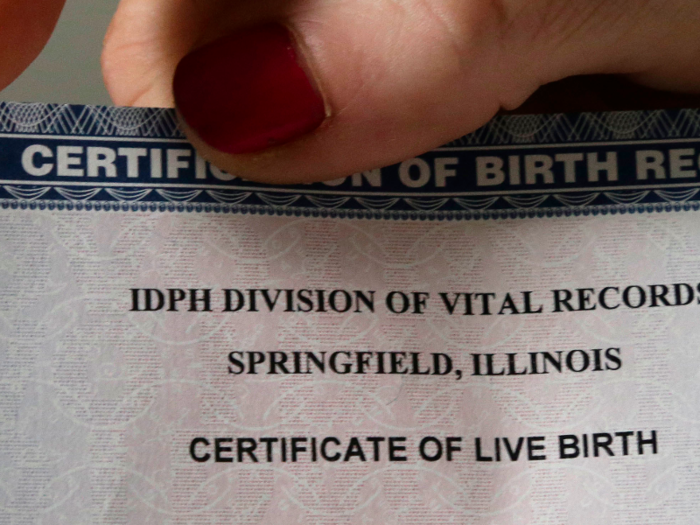
Brennan-Jobs attended Harvard University, forging her father's signature on the college application while he was out of town, according to Isaacson. In college, she wrote for The Harvard Crimson about subjects like final clubs, cloning, and alcohol use on campus. She also spent a year abroad at King's College in London.
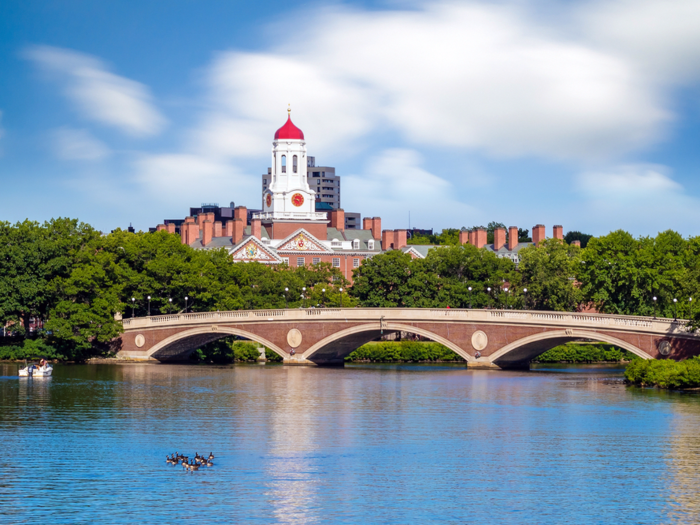
Source: The Harvard Crimson, "Steve Jobs"
Isaacson wrote that throughout college, Brennan-Jobs' relationship with her father could be turbulent. After some fights, Jobs actually cut his daughter off financially, forcing her to borrow tuition money from neighbors and her father's Apple associates at times.
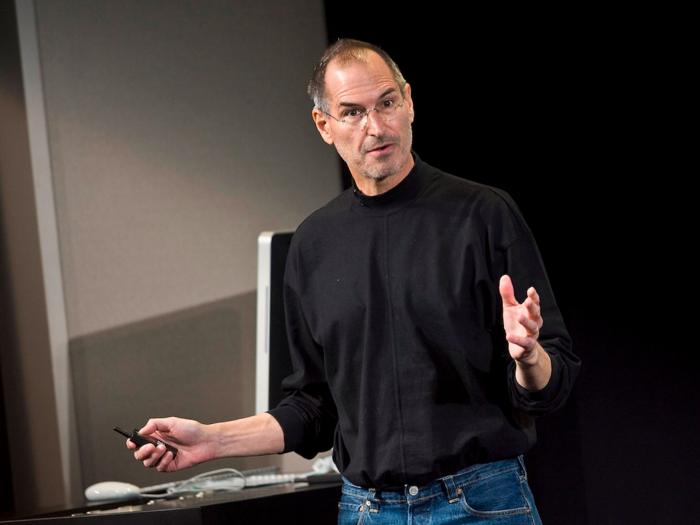
Source: "Steve Jobs"
When Simpson published her 1996 novel "A Regular Guy," she based her main characters off of Jobs and Brennan-Jobs. Isaacson wrote that Brennan-Jobs was upset by the book. She published an essay about the situation in the Harvard Advocate, writing, "I didn't know, for those six years, that Mona was collecting." She and Simpson ultimately reconciled.
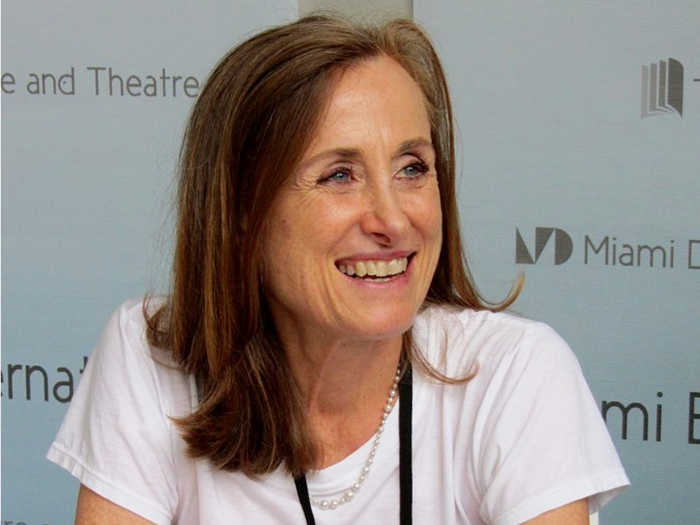
Source: "Steve Jobs"
Like her aunt, Brennan-Jobs went on to pursue a career in writing. Her work was published in a range of publications, from Vogue to O, the Oprah Winfrey Magazine.

Source: Lisa Brennan-Jobs' blog
In her writing, Brennan-Jobs sometimes reflected on what it meant to grow up between two worlds: "We moved a lot. We rented. My father was rich and renowned and later, as I got to know him, went on vacations with him and then lived with him for a few years, I saw another, more glamorous world. The two sides didn’t mix, and I missed one when I had the other."
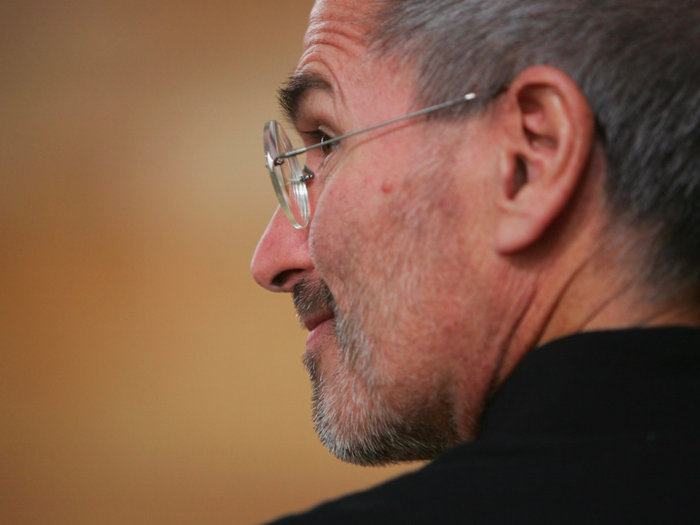
Source: Lisa Brennan-Jobs' blog, The Daily Mail
While Brennan-Jobs typically avoids the spotlight, she helped to tell her story by consulting with writer Aaron Sorkin, who wrote the 2015 biopic "Steve Jobs."
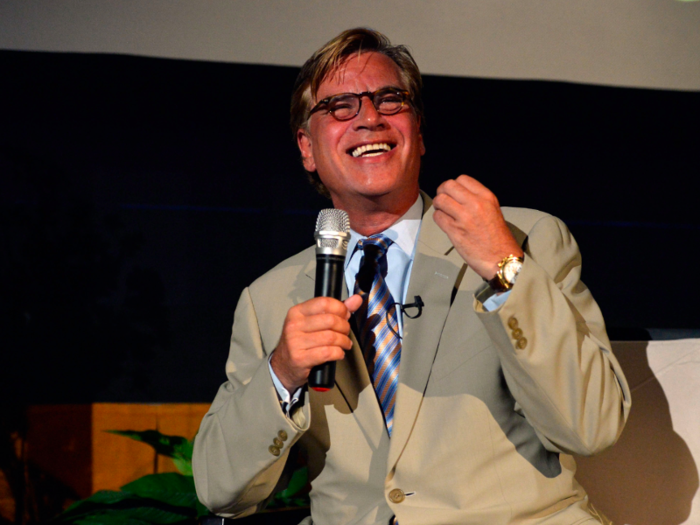
Source: Business Insider, The Verge
"She was able to tell stories about her father that weren’t necessarily flattering stories, but she would tell the story and then show me how you could see he really did love her," he said. Sorkin added that Brennan-Jobs was the true hero of the film.
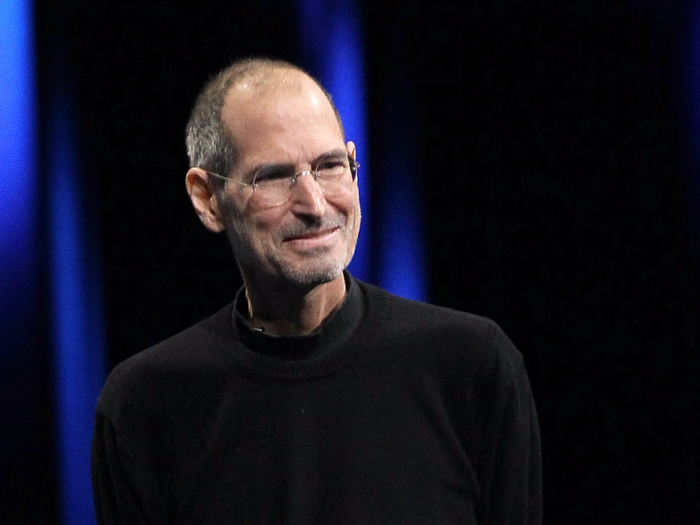
Source: Business Insider, The Verge
Popular Right Now
Popular Keywords
Advertisement